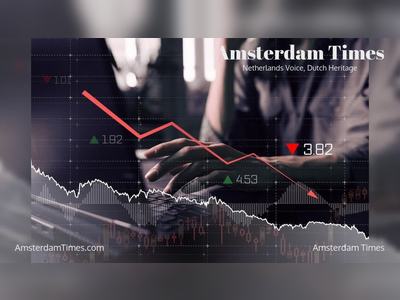U.S. Demands Brussels Scrutinize Digital Rules to Prevent Bias Against American Tech
The United States has formally pressed the European Union to demonstrate that its landmark digital regulations—particularly the Digital Markets Act (DMA) and Digital Services Act (DSA)—do not penalize U.S. technology companies, or else to revise the rules accordingly. In statements to the Financial Times, U.S. Ambassador to the EU Andrew Puzder said Washington will make formal submissions in the ongoing regulatory review and engage in discussions to resolve disputed provisions.
Puzder emphasized that American objections enjoy broad bipartisan support, framing the issue as one of fairness and free speech. “The Europeans believe that [the rules] are less restrictive and less targeted than the U.S. believes,” he said, adding that careful negotiation is needed to ensure no unfair burdens are imposed on U.S. firms. The move comes amid President Trump’s warnings of retaliatory tariffs on nations whose regulations he views as discriminatory.
European authorities, however, reject the notion that their digital laws are aimed at U.S. companies. The EU insists the rules are geographically neutral, designed to foster competition, consumer choice, and platform accountability. Brussels has repeatedly stated that the DMA and DSA will not be renegotiated as part of trade talks with the U.S. and dismissed claims that they amount to censorship.
The tension follows intensifying pushback from major tech firms. Earlier this week, Apple called on Brussels to repeal the DMA, arguing it undermines innovation, delays product features for European users, and compromises security. In response, the European Commission has defended the rules as essential guardrails in a modern digital market.
Meanwhile, enforcement pressure is mounting. Google is reportedly poised to receive the first antitrust fine under the DMA in coming months, as Brussels finalizes a case against it. The clash over regulation is increasingly viewed as part of a broader strategic struggle over technology policy, global trade, and digital sovereignty.
As U.S. and EU authorities prepare to meet, both sides face a difficult balancing act: defending legitimate regulatory prerogatives without triggering a destabilizing trade conflict over digital rulemaking.










